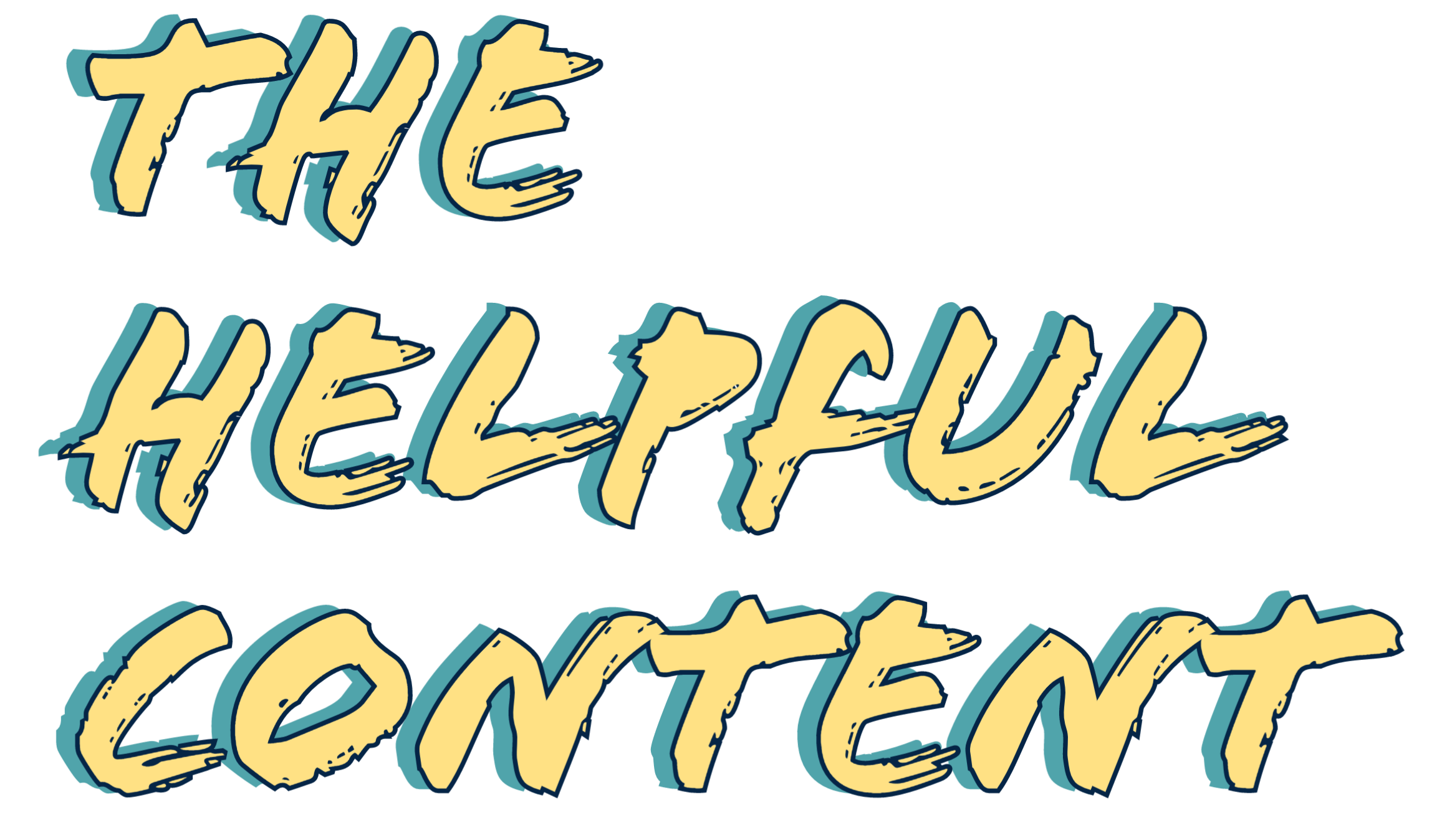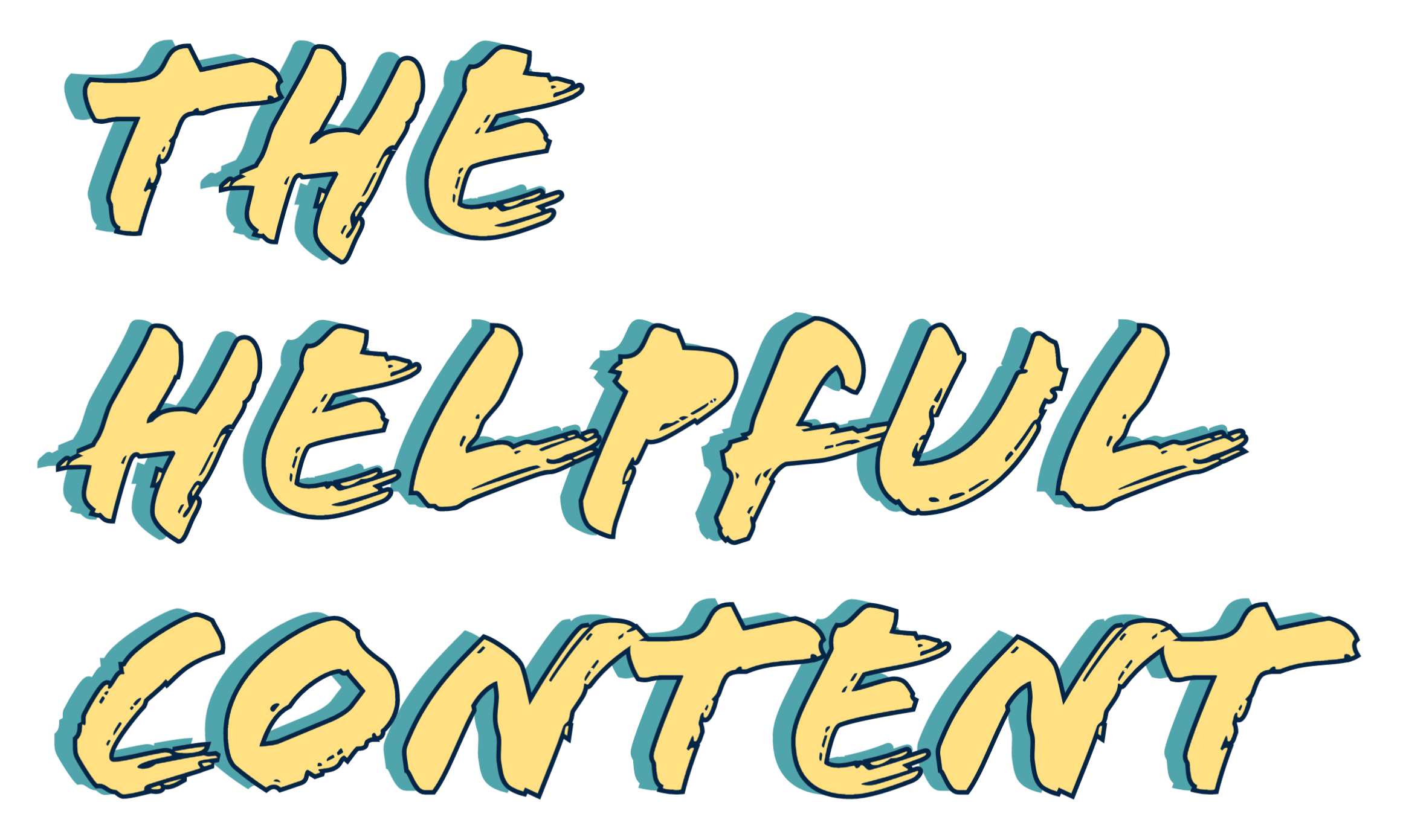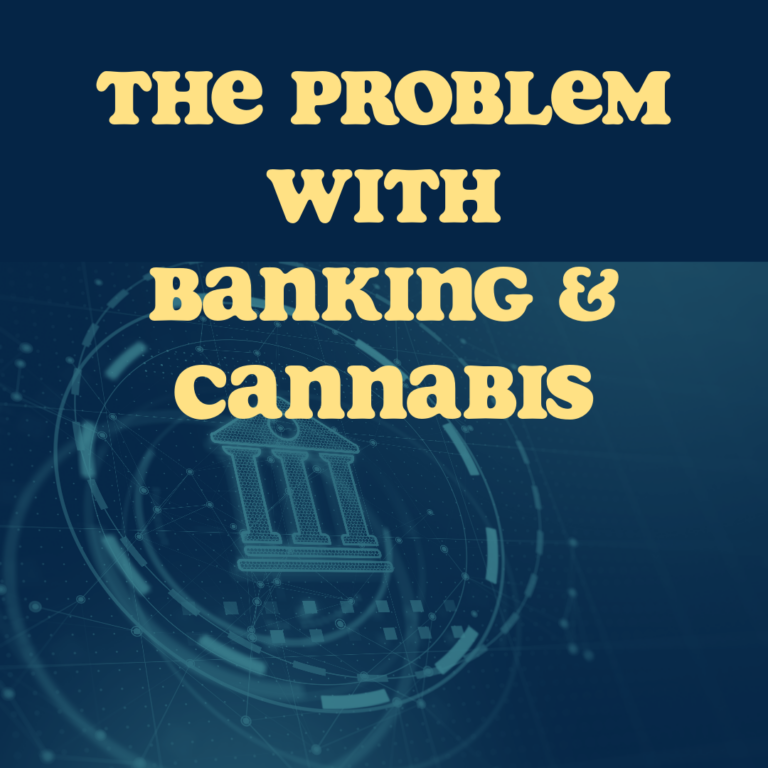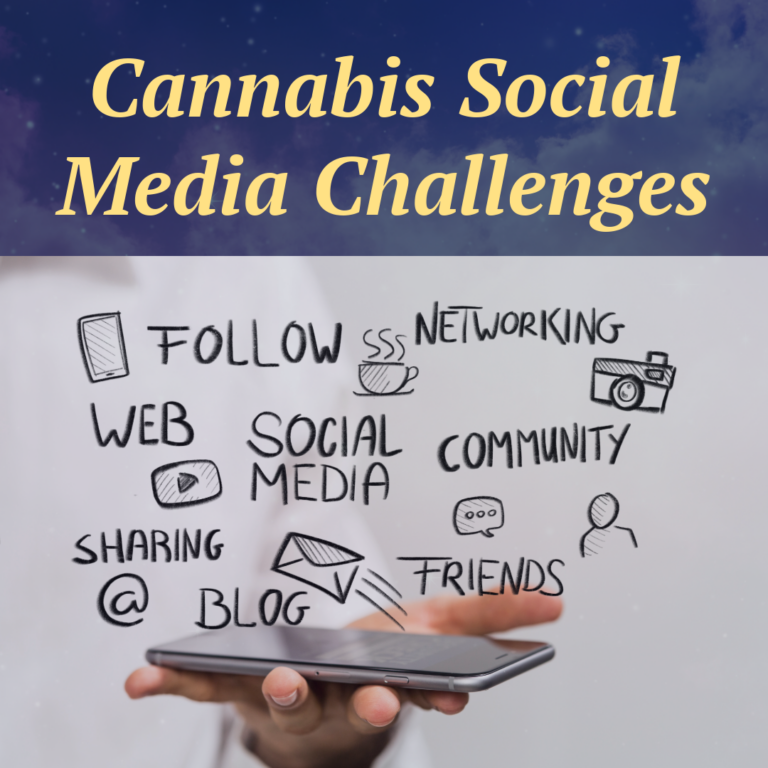In the cannabis industry, employee training and compliance are critical to ensuring both operational efficiency and regulatory adherence. As the sector grows, so does the demand for robust training solutions that can deliver up-to-date, compliant content. Many cannabis businesses are turning to Learning Management Systems (LMS) to train their staff, but understanding the right API (Application Programming Interface) for delivering and tracking that training is crucial.
Two major standards that govern LMS functionalities are SCORM (Sharable Content Object Reference Model) and Tin Can API (also known as xAPI or Experience API). Each has its own strengths and limitations, and choosing between them depends on the specific needs of your cannabis business learning management system.
What is SCORM API?
SCORM has been the gold standard for eLearning since the early 2000s. Developed by the Advanced Distributed Learning (ADL) Initiative, SCORM is widely adopted across corporate and academic LMS platforms to deliver and track online training courses. The API enables communication between the LMS and the training content, allowing administrators to track learner progress, scores, and completions.
How SCORM Works:
SCORM provides a set of technical standards that outline how learning content and LMS platforms interact. When a learner accesses a course, SCORM sends information back to the LMS to track important metrics, such as time spent on content, quiz scores, and course completion.
Limitations of SCORM for Cannabis Businesses:
While SCORM has been highly successful for standardized eLearning content, it does have limitations. SCORM is primarily built for structured, traditional courses and doesn’t support the flexibility that modern industries, like cannabis, often need.
For example, SCORM is not designed to track learning experiences that happen outside of a formal eLearning environment—such as on-the-job training, compliance exercises in a real-world setting, or mobile learning, which are critical for cannabis retail environments where employees are constantly interacting with both customers and products.

What is Tin Can API (xAPI)?
Tin Can API, also known as Experience API or xAPI, is a newer standard developed to address some of the limitations of SCORM. Released in 2013, xAPI is more flexible and allows for the tracking of a wider range of learning experiences, including mobile learning, in-person training, and even social learning experiences.
How Tin Can API Works:
xAPI collects data from a variety of learning experiences, even those that take place outside of a traditional LMS environment. It records these experiences in a Learning Record Store (LRS), which can be part of an LMS or a separate system altogether. This API captures not only traditional eLearning metrics like course completion but also more granular data, such as interactions in mobile apps, simulations, and on-the-job training.
Advantages of Tin Can API for Cannabis Business LMS:
For cannabis businesses that need to track compliance training, hands-on dispensary work, and customer interactions, Tin Can API offers a significant advantage over SCORM. With xAPI, you can track learning across devices, in multiple formats, and outside the traditional eLearning context, making it ideal for a fast-paced industry that requires adaptable and ongoing training.
Additionally, xAPI supports offline learning, meaning that employees can complete training modules on their mobile devices while on the go, and their progress will sync with the LMS when they’re back online—something crucial in industries where employees are not always sitting behind a desk.
Key Differences Between SCORM and Tin Can API for Cannabis Business Learning Management Systems
| Feature | SCORM API | Tin Can API (xAPI) |
|---|---|---|
| Tracking | Tracks traditional eLearning activities like course completion and scores | Tracks both formal and informal learning experiences across multiple platforms |
| Flexibility | Limited to structured courses within the LMS | Tracks learning on any device, in-person training, mobile learning, etc. |
| Offline Learning | Not supported | Supported; syncs data when learners go back online |
| Content Portability | Strong, but limited to traditional courses | Flexible, allows tracking of diverse content types and interactions |
| Use Case for Cannabis | Best for structured training on regulatory compliance or onboarding | Ideal for tracking varied training like dispensary operations, customer interaction, and compliance audits |
Which API is Better for Your Cannabis Business Learning Management System?
Choosing between SCORM and Tin Can API depends on your cannabis business’s specific training needs:
- If your focus is on structured compliance training (e.g., understanding state and federal cannabis regulations or product handling procedures), SCORM might suffice. It provides a solid foundation for delivering eLearning courses that are critical for compliance.
- If your cannabis business requires more flexible, on-the-job training that takes place across multiple devices and learning environments, Tin Can API is the better choice. It offers the flexibility to track learning experiences outside of a traditional LMS, making it ideal for a hands-on, dynamic industry like cannabis.
Why an API-Backed LMS is Essential for Cannabis Businesses
Given the heavily regulated nature of the cannabis industry, ongoing employee training is critical to ensuring compliance with state and federal laws. Whether it’s understanding seed-to-sale tracking, product safety, or customer service, an LMS can help cannabis businesses stay on top of their training requirements.
With either SCORM or Tin Can API integrated into your LMS, you’ll be able to:
- Ensure Compliance: Regularly track employee progress through required regulatory courses to ensure everyone is up to date on the latest cannabis laws.
- Improve Efficiency: Automate the tracking of employee learning, so you can focus on other important aspects of running your business.
- Scale Training Efforts: As your business grows, an LMS backed by SCORM or Tin Can API can help you scale your training across multiple locations and devices.
- Adapt to Learning Styles: With Tin Can API, in particular, you can track informal, real-world learning, helping to prepare your team for real-time customer interactions and operational challenges in a dispensary setting.
Conclusion
Both SCORM and Tin Can API have their place in eLearning and employee training, but the choice comes down to the specific needs of your cannabis business. For businesses that require flexible, mobile-friendly training to keep up with fast-moving regulations and operational needs, Tin Can API offers the edge. Meanwhile, SCORM provides a reliable and structured solution for traditional eLearning environments focused on compliance.
By integrating the right API into your cannabis business learning management system, you can ensure your team stays compliant, well-trained, and ready to meet the demands of this rapidly growing industry.
Get Highly Educated
Checkout our cannabis business employee training programs. Use or LMS or use our courses in your LMS. Either way, we’ll get you and your team highly educated.
For more information on learning management systems and training standards, visit SCORM.com and the Experience API website.




